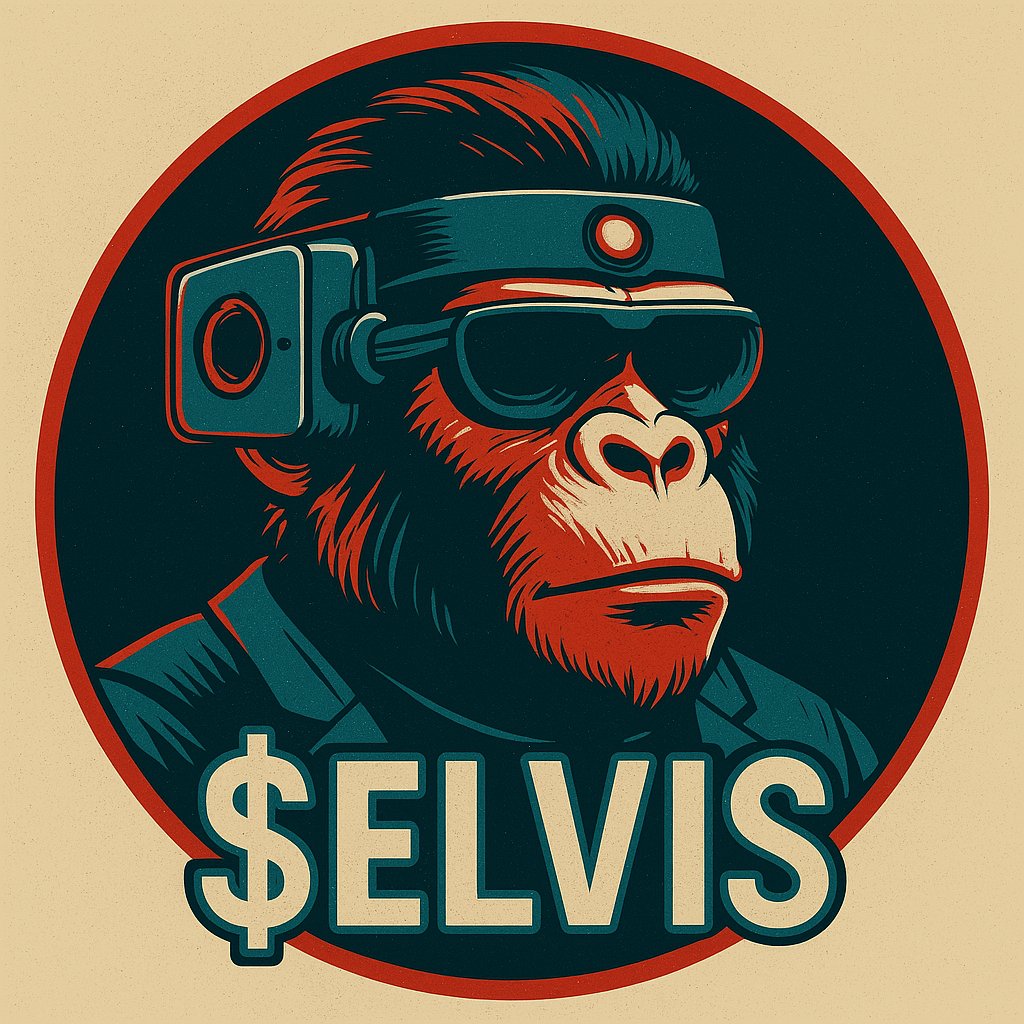Who’s in the BCI Race?
Introduction: The Global BCI Race (Brain-Computer Interface)
As brain-computer interface (BCI) technology rapidly evolves, companies across the globe are vying to develop the most advanced neural implants. While most headlines focus on Western giants like Neuralink and Synchron, Russia’s ELVIS Technologies is quietly building a comprehensive neurotech portfolio. But how does it compare and who is winning the BCI race?
In this article, we’ll examine ELVIS alongside its top competitors—Neuralink, Blackrock Neurotech, and Synchron—based on their scientific approach, clinical status, and commercial potential in 2025.
1. Company Overviews
ELVIS Technologies (Russia): Based in the Skolkovo Innovation Center, ELVIS develops invasive neuroimplants including:
- ELVIS V: Visual cortex prosthetics to restore sight
- ELVIS C: Cochlear implants for hearing loss
- ELVIS DBS: Deep brain stimulation for Parkinson’s and more
- ELVIS BCI: Cortical interfaces for movement, control, and communication
Neuralink (USA): Founded by Elon Musk, Neuralink is known for its robotically implanted cortical BCIs aimed at decoding thoughts and enhancing human cognition. Currently in FDA-approved human trials.
Blackrock Neurotech (USA): A clinical veteran, Blackrock’s Utah Array has been used in trials for over a decade. Focus: enabling paralyzed patients to control devices with thought.
Synchron (USA/Australia): Innovator of the Stentrode, a minimally invasive BCI inserted via veins. Synchron is the first BCI company to gain FDA approval for U.S. human trials without brain surgery.
2. BCI Race – Technology Comparison
| Company | Interface Type | Primary Focus | Invasiveness | Human Trials |
|---|---|---|---|---|
| ELVIS | Cortical Implants | Vision, hearing, DBS | Invasive | Preclinical/early-stage |
| Neuralink | Cortical Threads | Motor/speech decoding, AI | Highly invasive | FDA-approved |
| Blackrock | Utah Array | Thought-controlled devices | Invasive | Advanced clinical |
| Synchron | Stentrode | Hands-free communication | Minimally invasive | Ongoing U.S. trials |
Key Difference: ELVIS focuses heavily on restoring lost senses (sight/hearing), while others prioritize motor function and cognitive control.

3. Commercial Potential
| Company | Target Market | Scalability | Revenue Pathway | Monetization Window |
| ELVIS | Clinical (Russia/Eurasia) | Medium | Medical device sales, surgery | 3–5 years |
| Neuralink | Global tech/clinical | Very high | Premium implants, AI integration | 5–10 years |
| Blackrock | Hospitals/rehab centers | Moderate | Assistive tech devices | 2–4 years |
| Synchron | Hospitals/insurance | High | Insurance-reimbursed implants | 1–3 years |
Observation: ELVIS is uniquely positioned for low-cost markets but may face regulatory/geopolitical barriers limiting global scale.

4. Clinical Progress & Readiness
- ELVIS: Backed by Russian academic research; early clinical phase; no FDA/EMA approvals yet.
- Neuralink: FDA trials active; first human implant in 2024.
- Blackrock: Over a decade of clinical trials; working toward commercial FDA clearance.
- Synchron: Most advanced in real-world deployment; minimal surgical risk speeds adoption.
5. Conclusion: Who Leads the Race?
Each company has its own strengths:
- ELVIS: Best positioned for sensory restoration in emerging markets.
- Neuralink: Most ambitious and futuristic, with long-term AI goals.
- Blackrock: Proven, research-driven solutions for clinical needs.
- Synchron: Most commercially ready due to non-invasive approach.

In 2025, each company charts a distinct path: ELVIS builds momentum in sensory restoration with strong scientific roots; Neuralink pushes boundaries with bold innovation and AI integration; Blackrock advances with clinical reliability and assistive solutions; and Synchron leads in safety and market readiness through its non-invasive approach.
Related
Source link







